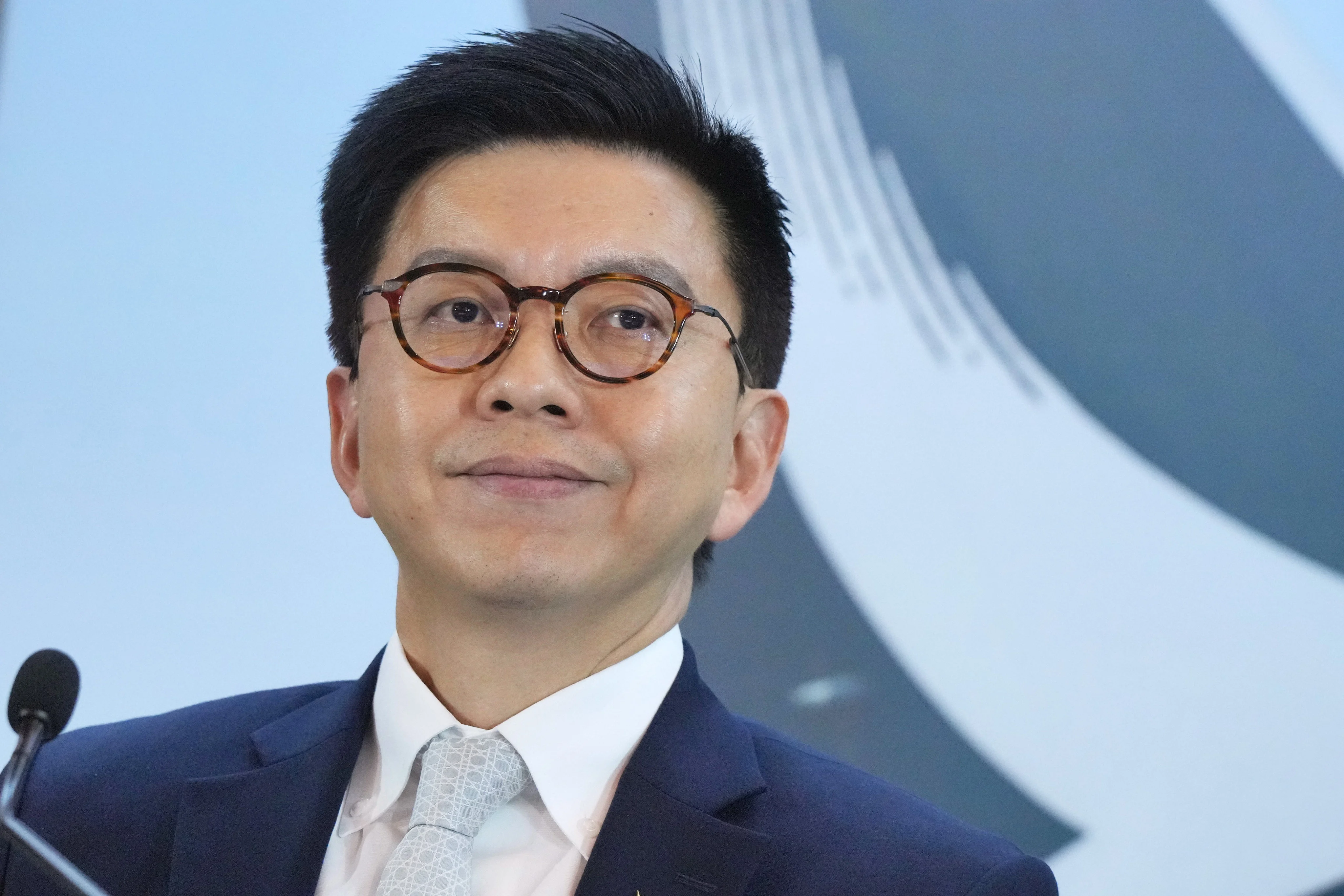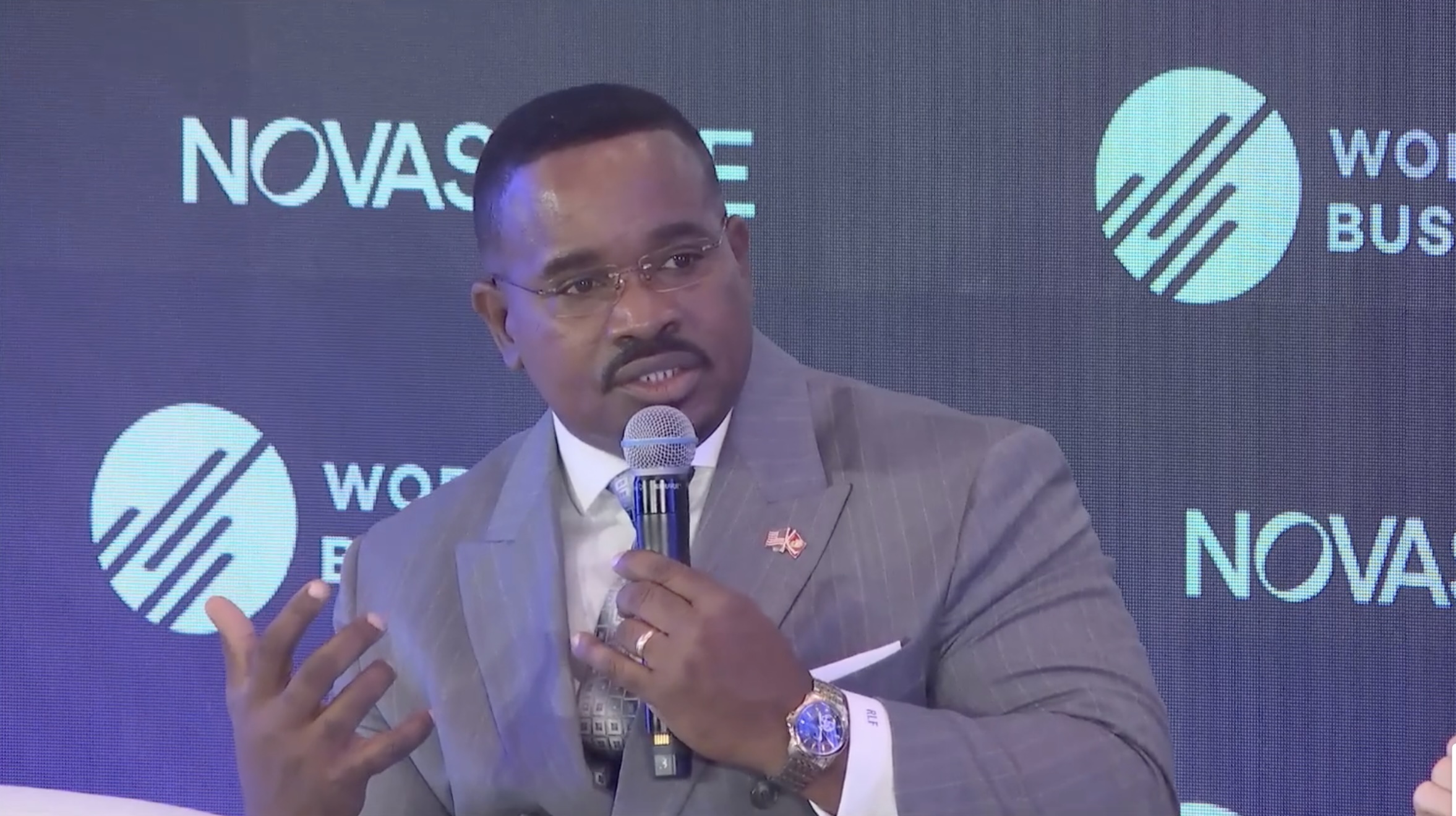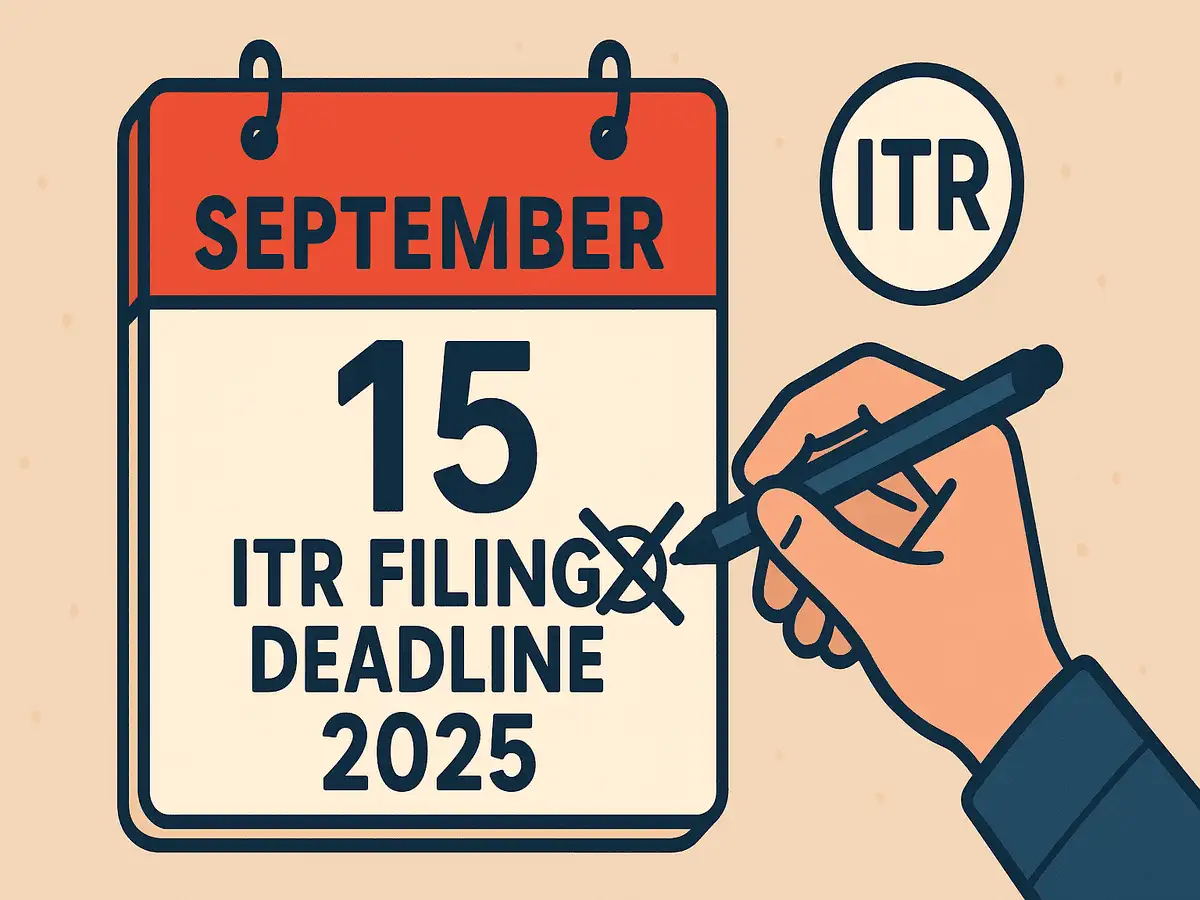By Julie Zhang
Copyright scmp

Business ties between mainland China and the Middle East were deepening, with Hong Kong playing a pivotal role as a value‑added “superconnector”, panellists said at the Belt and Road Summit on Thursday.
“There are a lot of opportunities happening between the two countries [Oman and China],” said Ibrahim Al-Eisri, chief investment officer of private markets at the Oman Investment Authority, who spoke during a panel discussion on exploring new markets and industries. “We have seen a big flow of investments coming last year.”
The Omani sovereign wealth fund has invested more than US$2 billion across Greater China through a diversified portfolio that included both direct investments and funds spanning healthcare, biotechnology and technology sectors, he added.
China was Oman’s largest trading partner last year, with bilateral trade reaching US$36.73 billion.
Chinese exports to Oman were dominated by mechanical and electrical products as well as hi-tech goods, according to Chinese government data.
Trade between China and countries of the Gulf Cooperation Council (GCC), which includes Oman, surpassed US$288 billion last year, with cooperation expanding into energy and green transformation.
“Many Hong Kong businesspeople travel between Hong Kong and the Middle East on a regular basis,” said Cathay Pacific CEO Ronald Lam Siu-por. “Because of that demand, we have extended our connectivity between Hong Kong and the Middle East over the past few years.”
Hong Kong’s flagship airline is raking in lucrative dollars amid surging demand for flights between Hong Kong, Saudi Arabia, and mainland China, according to Lam.
“Starting from the winter season onwards, we are increasing our frequency to Riyadh to daily flights,” he said.
Hong Kong played an important role as a launch pad for Chinese companies expanding into countries involved in the Belt and Road Initiative, said Wu Gansha, co-founder and chairman of Uisee Technologies (Beijing), which develops autonomous driving systems.
The company’s products, which began by developing autonomous driving solutions at Hong Kong International Airport, are now deployed in Singapore and Qatar.
“Hong Kong has very strong marketing power as the ‘superconnector’ and super value adder,” Wu said, whose company set up its international headquarters in Hong Kong.
He added that Middle Eastern nations’ carbon‑reduction commitments were also unlocking commercial opportunities for sustainable solutions from Chinese companies.
When making inroads into Middle Eastern markets, Chinese companies must “learn about, and show respect for, Islamic culture” because local cooperation was crucial for success, said Wang Chaoyou, president of Dongchao Technology Group, drawing from his company’s decade-long experience in the region.
The company operates in the information technology sector and provides innovative environmental products.
Hong Kong’s English-speaking environment and common law jurisdiction were providing advantages for international business operations, while its highly regulated banking system was also creating business opportunities, said Timur Turlov, founder and CEO of Kazakh investment group Freedom Holding.
Speaking about the Asean market, Elton Chan, director of Jardine Matheson, said: “Hong Kong companies play a very important role in ensuring the continuation of capital, products and talent flows.”
He added that the group was keen to invest in mainland China’s electric vehicle and advanced manufacturing sectors, including modular construction technologies, in a bid to bring these innovations into Southeast Asia.



